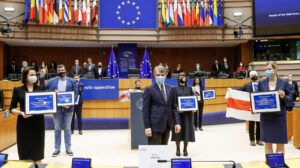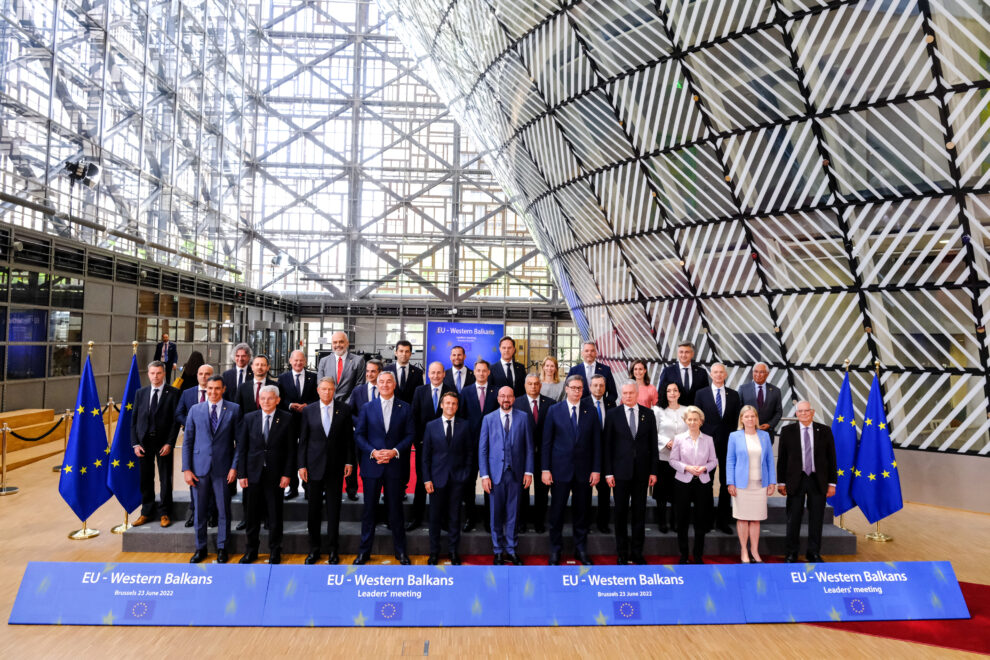The Energy Community Ministerial Council asked the European Commission to prepare an impact assessment on various options for carbon pricing in its contracting parties. It also expanded the duration of the Energy Community Treaty until 2036.
The Ministerial Council is the top decision-making body in the Energy Community. Its meetings are held once a year. The community consists of contracting parties from the Western Balkans alongside Ukraine, Moldova, and Georgia.
Wörsdörfer: Decision on ETS expected at next meeting
In the conclusions from today’s annual meeting, the council reaffirmed its commitment to the 2021 Decarbonisation Roadmap, emphasizing the importance of energy and climate legislation and the 2030 targets.
The contracting parties invited the European Commission to assist them in determining a regional carbon pricing model on the Energy Community level by assessing the impact.
They recommended taking into account the report on the technical consultations on carbon pricing that were held in the second half of 2023.
Deputy Director General Mechthild Wörsdörfer from the European Commission’s Directorate General for Energy (DG ENER) pointed out that the council agreed to ask the European Commission to assess the impact and analyze all options.
The assessment would include various scenarios including a regional emissions trading system (ETS), national ETSs or a situation without any ETS and their impact on the electricity market and decarbonization, she explained.
The decision is set to be on the agenda of the next session of the Ministerial Council, in December 2024, Wörsdörfer stressed.
The council underlined the importance of financial support to the contracting parties for decarbonization, the conclusions read.
Lorkowski: Extension of the treaty brings a clear framework
Energy Community Secretariat Director Artur Lorkowski said the decision to extend the duration of the Energy Community Treaty provides a clear framework for contracting parties, investors and businesses.
It is a signal of the way ahead until 2036, he asserted.
A roadmap was presented for the mutual recognition of guarantees of origin of electricity
The European Commission presented an indicative roadmap for the mutual recognition of guarantees of origin of electricity issued by the contracting parties and the European Union and its member states.
The Ministerial Council called on the European Commission to propose a decision, based on the discussions to be held at the Energy Community’s Permanent High Level Group, in close cooperation with the secretariat. Georgia asked for its special situation to be recognized in the discussions.
In addition, the council decided to incorporate the TEN-E Regulation 2022/869, with an emphasis on market integration, competitiveness, security of supply, and climate neutrality objectives. TEN-E is the policy encompassing the Trans-European Networks for Energy.
Bosnia and Herzegovina is taking over the presidency of the Energy Community from Albania for one year.
Source : Balkan Green Energy News































